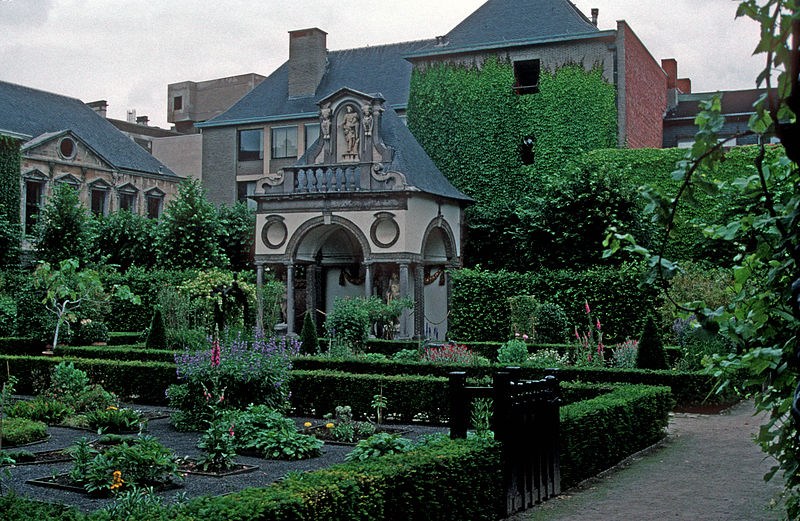The European Commission and Europa Nostra announced last week the 2020 winners of the European Heritage Awards.
The awards to 21 winners from 15 countries were announced ahead of the celebration of this year’s virtual Europe Day on 9 May. The winners were recognised for their accomplishments in heritage conservation, research, dedicated service, and education, training and awareness-raising.
Among the winners this year was Rubens’ Garden Screen and Garden Pavilion in Antwerp. The 400-year-old garden structures were designed and constructed by the great painter-humanist Peter Paul Rubens (1577-1640) at his home in Antwerp.
The various types of stone used in the construction were in precarious condition as a result of pollution, inappropriate interventions, water ingress and structural cracks. “This two-year project, completed in 2019, has consolidated these important pieces of heritage for future generations by researching and applying the most up-to-date stone conservation measures.”
“European cultural heritage is our common good. It is priceless but can only thrive on commitment, support, creativity and talent, said Margaritis Schinas, Vice-President for Promoting our European Way of Life (7 May).
On-line voting
The Commission writes that it hopes, in times of confinement and physical distancing, to inspire a particularly large number of people to discover this year’s award-winning achievements.
Heritage lovers from Europe and all around the world can vote online (deadline 1 September 2020) for their favourite award winners and decide which achievement will win this year’s Public Choice Award. The award will be announced in the autumn of 2020. The winners of the Grand Prix, entitled to receive a monetary award of €10,000 each, will also be made public on this occasion.
The European Heritage Awards / Europa Nostra Awards were launched by the European Commission in 2002 and have been run by Europa Nostra, the European Voice of Civil Society Committed to Cultural Heritage, ever since. They celebrate and promote best practices related to heritage conservation, research, management, volunteering, education and communication.
Since the start, independent expert juries have selected 533 award-winning projects from 34 countries. Spain tops the list with 70 awards received. The United Kingdom is in second place (62 awards) and Italy comes third (47 awards).
Audit of investments in culture
The awards are funded by EU’s Creative Europe programme. In a recent audit report (23 April) on EU’s investments in cultural sites, the European Court of Auditors wrote that it is a topic that deserves more focus and coordination. Cultural investments are not treated as a priority, but mainly as means of promoting economic objectives, according to the auditors.
The report states that the EU can be proud of its rich cultural diversity and has put in place a number of initiatives to ensure that Europe’s cultural heritage is safeguarded and enhanced. Various EU funds may contribute to this end: the most significant one is the European Regional Development Fund (ERDF).
The only EU fund designed for culture is the Creative Europe programme, but it is very small in terms of funding. It allocates roughly €209 million per year from the EU budget for culture across 28 Member States and 8 non-EU countries. This amount is similar to the annual operating costs of some individual cultural sites. For example, the Paris National Opera House had costs of €200.8 million in 2018.
The Brussels Times

